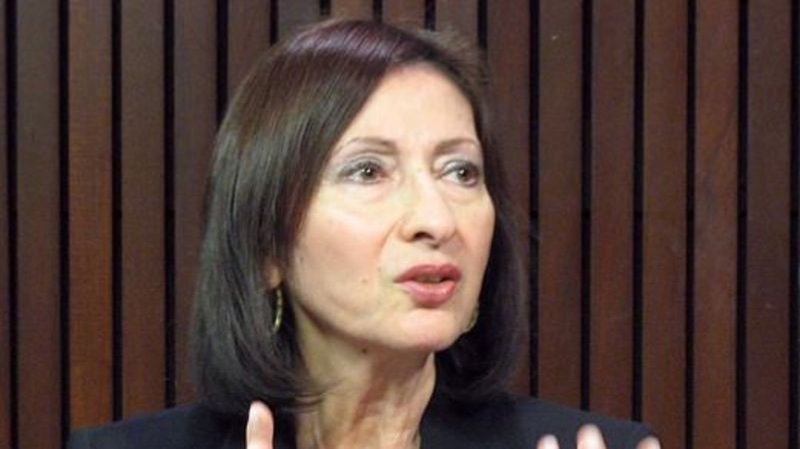
Former privacy czar denounces lack of transparency over government’s phone-data haul
OTTAWA — Ontario’s former privacy commissioner says she is troubled “by the complete lack of transparency” from the Public Health Agency of Canada over its plans to collect millions of people’s mobile phone data.
Giving evidence to the House of Commons ethics committee, Ann Cavoukian said she found it “disturbing” that data from mobile phones had been collected without actively informing the public first.
Cavoukian, who was privacy commissioner in Ontario from 1997 to 2014, expressed alarm that a request from the privacy commissioner of Canada to look at the privacy implications of the plans was rebuffed by the government.
“Looking under the hood by the privacy commissioner is absolutely essential,” she said Thursday.
